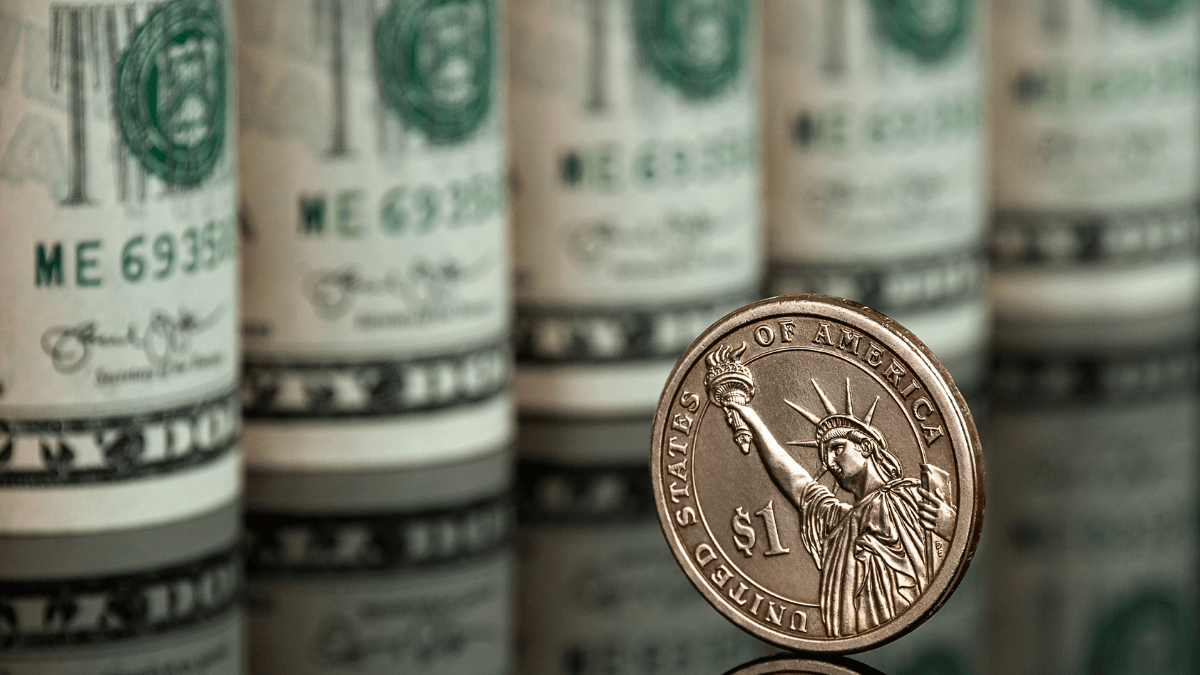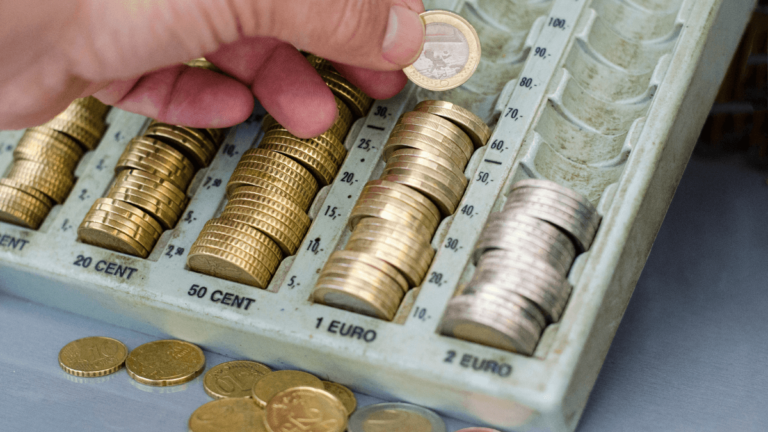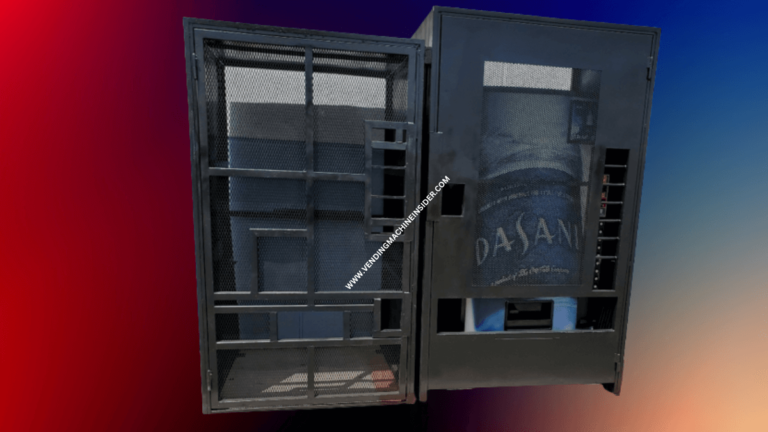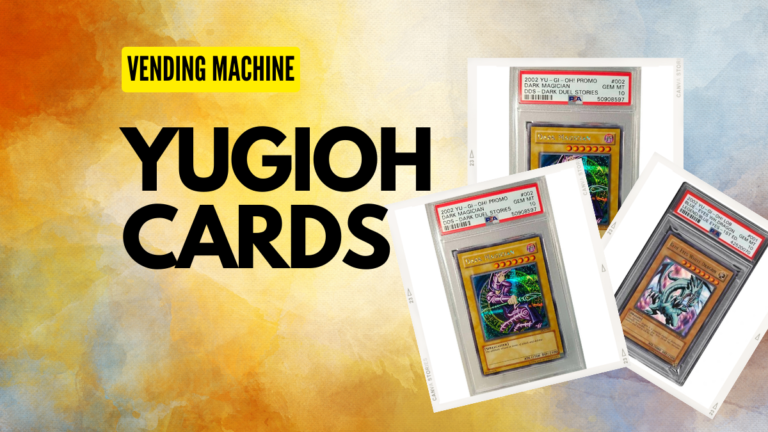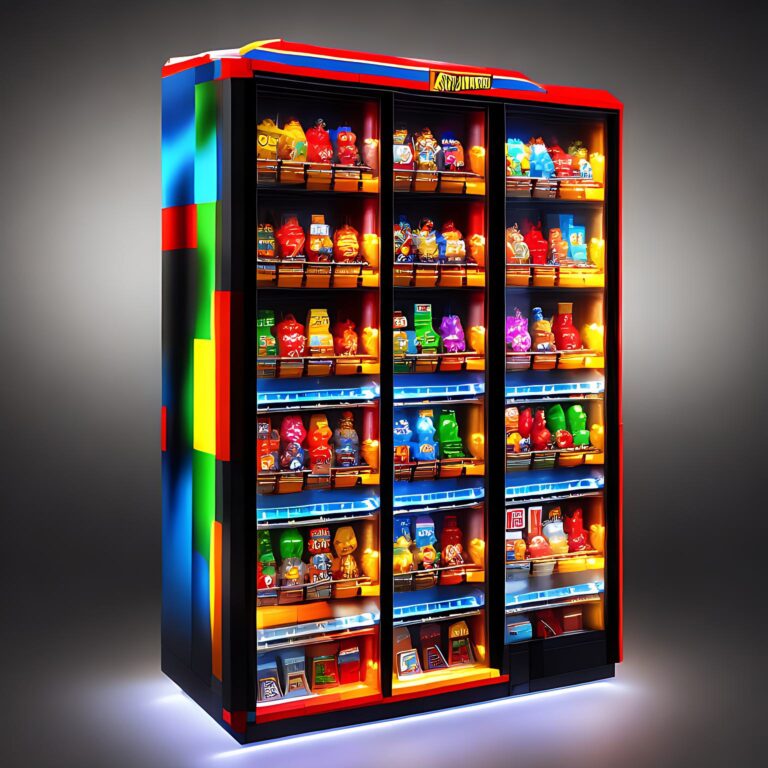Do Vending Machines Accept Dollar Coins? Foreign Dollar Coin
If you’re trying to buy an item from a vending machine, you might be wondering whether it’ll accept your money.
Today, advanced vending machines will accept paper money as well as credit card payments, but what about older coins?
For example, do vending machines accept dollar coins?
Yes, Some Vending machines accept dollar coins, and some do not. The answer varies from different vending machines, as owners are capable of programming the machine to accept and reject certain types of coins. Since the dollar coin isn’t in circulation nowadays, many vending machines may not accept it.
If you want to find out more about vending machines, how they recognize the coins, and why machines accept specific coins, keep on reading this article.
READ: Can You Use 2 Dollar Bills in Vending Machines?
Will a Vending Machine Accept a Dollar Coin?
Accepting and rejecting dollar coins for transactions in a vending machine is mostly up to the owner.
On one hand, according to the 2005 Presidential $1 Coin Act, the dollar coin is legal tender that is acceptable for use by vending machines around the country.
On the other hand, since dollar coins are not commonly used in the American economy nowadays, more and more vending machines aren’t accepting them as a form of payment anymore.
Reasons Why Vending Machines May Not Accept Dollar Coins
As previously mentioned, the lack of popularity of dollar coins is the reason why many vending machines don’t accept them nowadays.
You should also know that there are several versions of one-dollar coins, and many of them are currently reserved for collectors only.
Additionally, since there’s a more common and practical alternative to the dollar coin, most vending machines simply accept dollar bills only.
How Do Vending Machines Recognize Money?
Different vending machines have different mechanisms to recognize and scan the money fed into them. Additionally, the same machine might use different methods for each type of currency.
For instance, when it comes to coins, older machines use to weigh or measure the coins’ dimensions.
However, these machines were often tricked by fake coins, known as “slugs”.
To overcome this problem, many coin readers used in vending machines today use electromagnetic sensors that can detect the combination of metals used to make the coins.
Additionally, they can use a light sensor that can measure the dimensions of the coin to count its number of ridges as well as its size.
These light sensors are more commonly used for scanning dollar bills, in which they look for specific patterns (visible, infrared, or ultraviolet) on the dollar bill to confirm its legitimacy.
RELATED READ: Do Hotels Have Vending Machines?
Other Reasons Why Vending Machines May Reject Payment
In addition to the mentioned reason, there are other factors that might cause a vending machine to reject a transaction. Let’s have a quick look at them:
1. The Scanning System is Malfunctioning
As previously discussed, the scanning systems in a vending machine use specific sensors to identify and scan money.
Like any other machine, some of these sensors might malfunction with time. In that case, the machine is programmed so that it rejects and returns the payment.
2. The Money Acceptor Didn’t Approve the Payment
If the sensor is functioning properly but the money used isn’t accepted, there’s a good chance that there’s a problem with your money.
For example, if you’re paying with a paper dollar, it might be covered in dirt that blocks the light sensors from identifying the bill.
This is also the case with a heavily worn-out dollar or chipped coins, especially if the machine identifies the coins by counting the ridges.
3. The Money Storage Is Full
Vending machines accept transactions from customers and store the money in dedicated storage areas inside the machine.
If you’re paying with bills or coins and the machine rejects your payment, there’s a good chance that the storage is just filled out, so the machine can’t accept any more cash.
4. There’s Not Enough Change
Many vending machines will have a separate slot for change. If this slot runs out of change and you’re buying an item that requires change (for example, you paid 2 dollars for a 1.20 dollars item), the machine will reject the transaction.
What If a Vending Machine Gives You Dollar Coins As a Change?
If you buy an item from a vending machine and it hands out dollar coins as a change, you shouldn’t worry much about it.
Although the 1 dollar bill is much more popular than the dollar coin, it’s still legal tender, so businesses must accept these coins as payment.
What Does a Vending Machine Accept?
This depends on the type of vending machine, how it’s programmed by the owner and the type of items it sells.
In terms of coins, a typical vending machine will usually accept quarters and dimes, with little to no machines accepting pennies.
As for bills, the machines usually accept 1, 2, and 5 dollar bills, although modern vending machines are also capable of accepting 5, 10, and sometimes 20 dollar bills.
Does a Vending Machine Accept a Foreign Dollar Coin?
When it comes to other dollars, such as the Australian and the Canadian dollar coins, most vending machines are not supposed to accept them outside their countries, unless stated otherwise by the machine.
If you set a vending machine to accept a specific type of coins and it starts accepting other foreign or fake coins, you might want to consider replacing it with a better one.
What Happens If You Used a Dollar Coin for Payment?
If the machine accepts the dollar coin, you should receive your item right away. However, if the machine doesn’t recognize the coin, it’ll reject the transaction.
In that case, some machines will return the dollar coin through a refund slot while some machines won’t recognize the coin, so it’ll remain in the machine.
Wrap Up
With that said, you now have a brief guide that walks you through everything you need to know about vending machines and how they recognize and accept coins.
As you can see, there are still a few vending machines nowadays that accept dollar and half dollar coins. However, these are mostly found in truck stops and post offices.
On the other hand, most vending machines will accept quarters and dimes as well as paper bills, especially 1, 2, 5, and 10 dollars.
